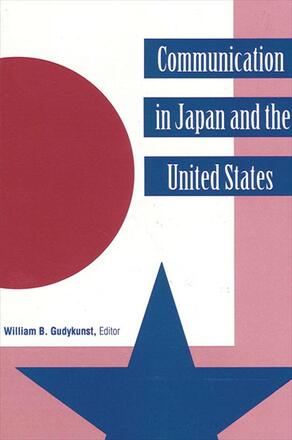
Communication in Japan and the United States
Alternative formats available from:
Description
This book is the first to provide a summary of the state of knowledge about communication in Japan and the United States. Included is an overview of the major approaches used in the study of communication in these two countries, an overview of the major cultural factors influencing communication, a description of the sociolinguistic differences between English and Japanese, an examination of Japanese-American communication as a function of the cultural values learned from the two cultures, and a summary of research comparing interpersonal research in Japan and the United States, as well as research on intercultural communication between Japanese and North Americans. The book also examines communication in organizational contexts in Japan and the United States and describes differences in mass communication between the two cultures.
William B. Gudykunst is Professor of Speech Communication at California State University, Fullerton. He is co-editor of Readings on Communication with Strangers; Handbook of International and Intercultural Communication; Theories in Intercultural Communication; Cross-Cultural Adaptation: Current Approaches; Communication, Culture, and Organizational Processes; Methods for Intercultural Communication Research; and Readings in Intercultural Communication; and he is editor of Language and Ethnic Identity; Intergroup Communication; and Intercultural Communication Theory. He is co-author of Culture and Interpersonal Communication; Communicating with Strangers: An Approach to Intercultural Communication; and American Communication Patterns; and he is author of Bridging Differences: Effective Intergroup Communication.